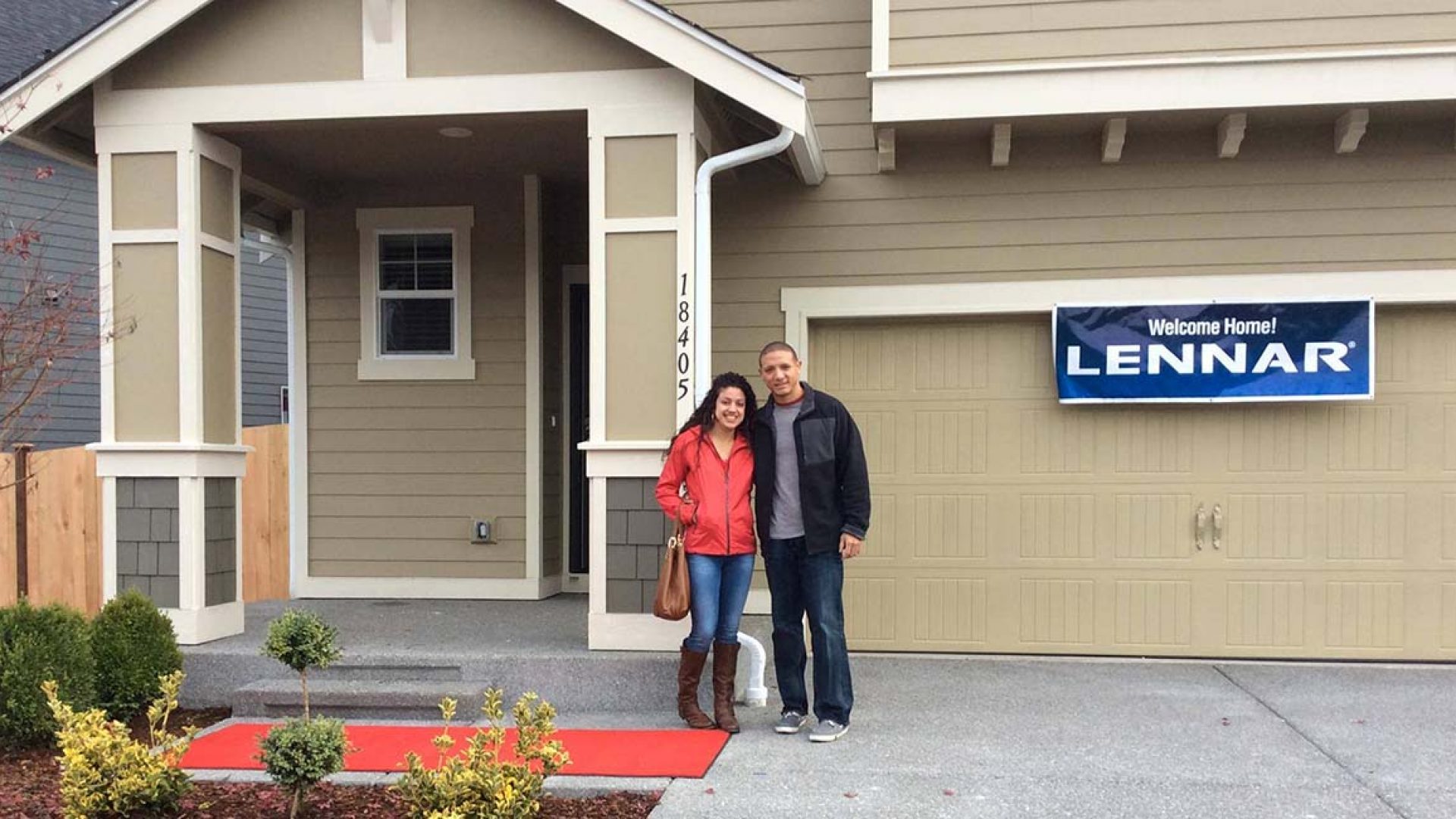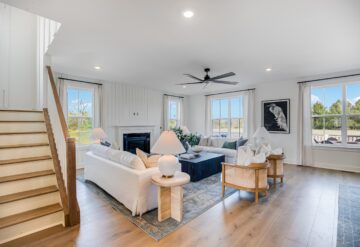Are you’re thinking about buying a new home, but feel like you’re not ready to take expenses and financial responsibility that comes with owning? The good news is – you may be more ready than you think! Emmie Martin for Business Insider shares the 9 signs that you’re ready to buy that new home you’ve been dreaming of.
1. Your emergency fund is separate from your down payment
When it comes to buying a home, the more you have in savings, the better. But the money you’re putting away for a down payment — typically 20% of the price of the home — should remain completely separate from your emergency fund.
“People will have money saved and they end up putting the entire amount toward the down payment to afford the home, and have no money leftover,” says Eric Roberge, CFP and founder of Beyond Your Hammock.
He warns that there are always added expenses when buying a new home, from random repairs to needing more furniture to fill a larger space, so your down payment should never drain your entire savings account. “Things are going to be more expensive, so you want to have a buffer for that.”
2. You have more saved up than the bare minimum for a down payment
Unforeseen expenses always come up when buying a home. Closing costs alone, which can include anything from inspection fees to title insurance, can add an additional 5% to the final price of the home. It’s better to have a cushion on your down payment than to find yourself digging into your emergency fund or being forced to step away from the deal.
“You can never have enough money saved in the home buying year,” Roberge says. “The process itself is complicated enough without having financial difficulties.”
First-time buyers are also 40% more likely to exceed the initial budget they set when buying a home, according to The Zillow Group Report. It’s always better to have some wiggle room.
3. You know when to step away — and you’re prepared to actually do it
With closing costs added on at the end, the final price tag of a home can be up to $10,000 more than you originally anticipated. Go into any negotiations with more than the bare minimum down payment ready, but know when too much is too much.
“You have to be prepared to write checks,” Roberge says. “And really, you should understand how much you’re willing to write versus walk away. You don’t want to just be writing checks that you can’t afford because you think you need to and you’re all wrapped up in the emotions of buying a home. You need to have a specific plan and not sway from that plan.”
4. You have a good credit score
Your credit score will not only determine if you can get a mortgage but what the interest rate will be, Roberge says. A low credit score can mean significantly higher monthly payments, which puts an obvious stress on your budget.
Credit scores can fluctuate, so it’s best to check it early in the home buying process. (You can do so at a free site like Credit Karma or Credit.com.) If it’s not in a good range, take some time to work on building it up.




